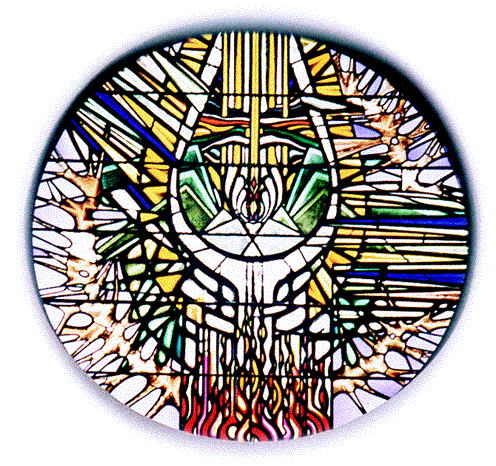If you are looking for a prescription for effective
humanitarian action in the twenty-first century from Dr. Orbinski, this
book will be disappointing. It raises more questions than it answers.
If you are looking for a gripping, often disturbing memoir of one man’s
attempt to make a difference against seemingly overwhelming odds, this
is definitely a book to read.
Orbinski works with Medecins sans Frontieres
(Doctors without Borders), a non-governmental organization (NGO) he
eventually comes to lead and that garners a Nobel Prize. While
practicing medicine in various war and disaster zones around the globe,
he wrestles with fundamental questions about human suffering, what
motivates some to inflict suffering, and what it means to be a
humanitarian. I found myself admiring his courage, boundless
determination, and clever knack for leaving these places in the nick of
time to avoid being killed himself.
The questions are many: Can we really create
“humanitarian space” that is independent of politics, as Orbinski’s
group attempts to do? Is speaking out about atrocities possible without
taking sides in a conflict, and thus jeopardizing the ability to
continue humanitarian work? Should aid be conditional on respect for
human rights? Should aid continue when much of it is diverted to
support local militias rather than the civilian population? As Orbinski
shows, the answers are often complex and may vary in different cultures
and circumstances. His own ideas are somewhat inconsistent, sometimes
decrying the stupidity of interventions by outside powers oblivious to
conditions on the ground, and at other times advocating decisive
military action to restore order and stop the killing. They beg the
question: is there ever a military solution? One thing is clear: there
are no easy or “perfect” answers.
At the same time, Orbinski devotes only a single
page (of about 400) to advice on what we can each do about the global
problems he encounters. Basically, it boils down to lobbying for social
justice and joining an NGO as he did. I’ve known a couple of colleagues
who did this type of work overseas, and in both cases their families
broke up upon their return. It might have happened anyway, of course,
but it raises a further question: is it better to sign up for a
precarious humanitarian intervention in the developing world, or to
“think globally but act locally” and address the problems in one’s day
to day life? Ultimately, Orbinski ends up doing a bit of both: he
becomes an advocate for affordable medication for the developing world
and community-based AIDS programs, but stops flying into war zones in
recognition of his responsibility to his own young family.
In summary, this book challenges us to think about
what individuals, governments, and non-government organizations can do
to make this a less violent, more just world for all. There are no
perfect answers, but that doesn’t mean we should stop trying. When asked
why his organization does what they do, Orbinski simply answers “because
we can”.




